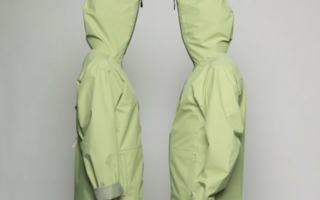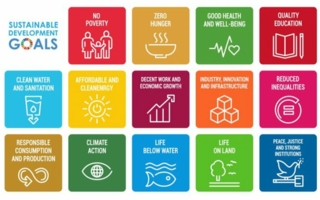
The selected applications will receive a financial support of 12,000 EUR. In addition the beneficiaries will have access to mentoring, as well as training and workshops in which best practices to be implemented throughout the value chain will be shared. © Circoax






